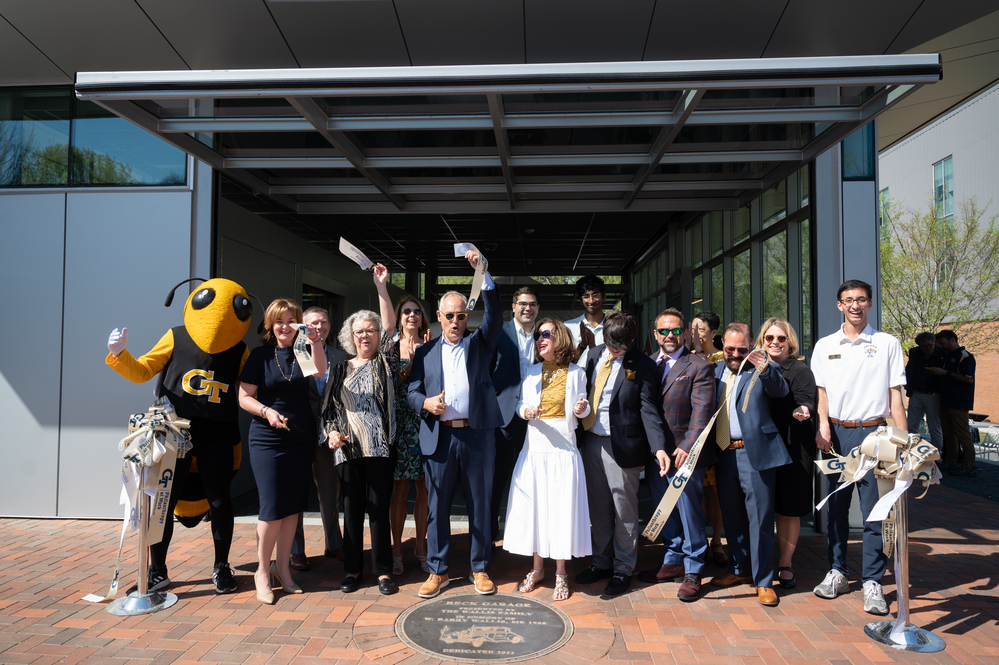Each Collective Impact initiative has a common agenda. Our common agenda is the Cultivate Well-Being strategic initiative, and our solutions are the action strategies in our Cultivate Well-Being Roadmap with a Focus on Faculty and Staff and our Cultivate Well-Being Roadmap with a Focus on Students.
The Office of Cultivate Well-Being Action and Transformation guides the implementation of action strategies in consultation with the two Cultivate Well-Being Advisory Boards — one dedicated to faculty and staff well-being and one dedicated to student well-being. Each advisory board is made up of cross-Institute faculty and staff stakeholders who provide strategic direction for actualizing Roadmap goals.
A data-informed process
The foundation of any public health initiative is understanding the current state of the challenge. Needs assessment information is presented in both Roadmaps. In addition, data on our progress come from qualitative sources as well as regular implementation of the American College Health Association – National College Health Assessment III, Gallup's Q12 Employee Engagement Survey, and faculty surveys from the Collaborative on Academic Careers in Higher Education (COACHE).
Goals
Goal One: Culture Change
Catalyze cultural, transformational change at Georgia Tech so that the places, practices, policies, protocols, people, and philosophies that have a demonstrated positive contribution to well-being are adopted, advanced, expanded and/or strengthened, while those aspects of Institute culture that impede health and wellness are minimized.
Goal Two: Capacity & Creativity
Continue to improve the quality of and ease of access to equity-literate clinical care and intervention while also improving programs and services that focus on the primary prevention of health-related symptoms, diseases, and disorders; the promotion of wellness in a holistic manner; and the creation of conditions which cultivate and sustain well-being, inclusive of all identities and backgrounds.
Goal Three: Community & Connection
Increase, expand and generate broader awareness of and access to student, staff and faculty engagement experiences across Georgia Tech that contribute to and facilitate the factors that comprise well-being, including sense of belonging and connection, happiness, resilience, self-awareness, and self-efficacy, as well as support living and leading in a manner that is consistent with one’s personal values.
Goal Four: Commitment & Continuity
Appoint an ad hoc study group comprised of a diverse range of Institute-wide constituents and representative of all Georgia Tech community stakeholders – including but not limited to students, faculty, staff, administrators, and alumni – to review the feasibility of formally adopting (or adapting) the action framework for higher education that is outlined in the Okanagan Charter: An International Charter for Health Promoting Universities & Colleges and subsequently incorporating the framework into Georgia Tech’s ongoing administration, culture and operations for the foreseeable future, beginning no later than 2030 when the prevailing Institute Strategic Plan period is slated to end.

